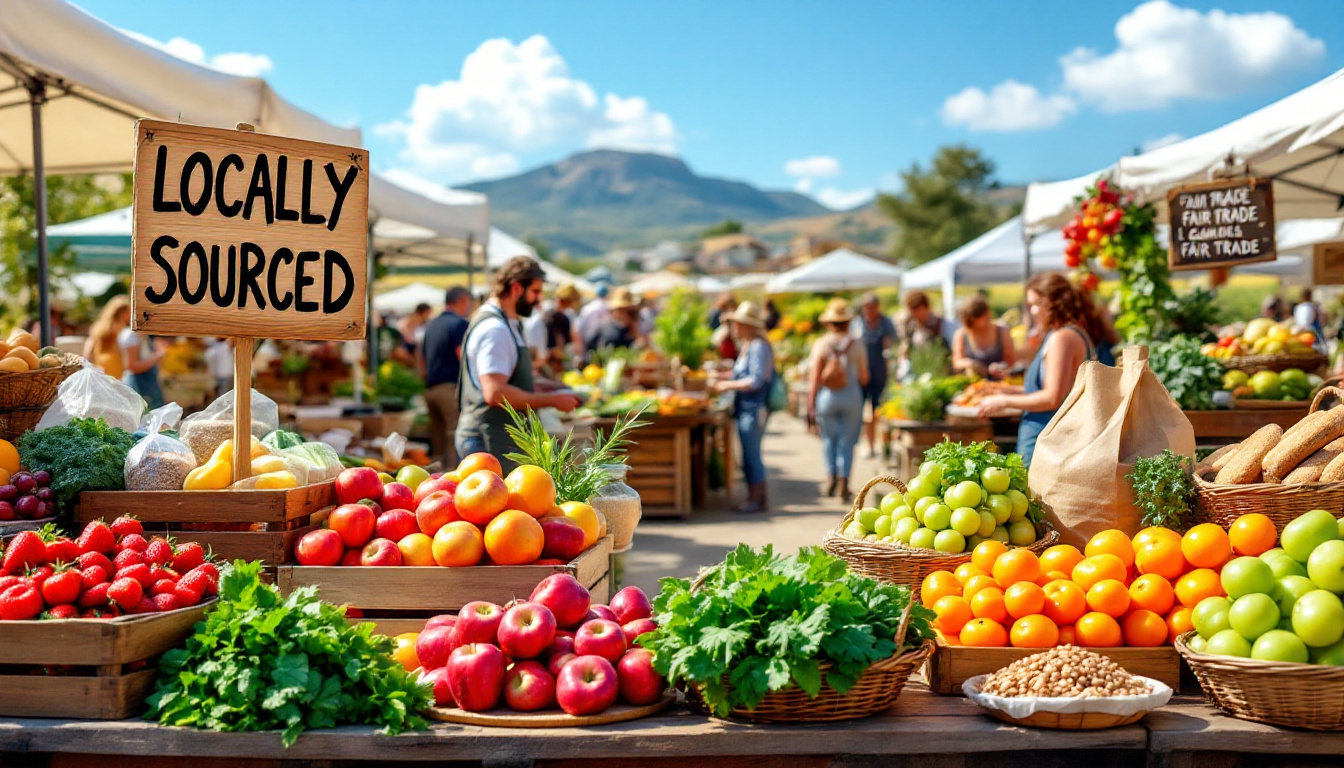Sustainable Eating Practices for a Healthier Future
In today's world, the way we eat has a profound impact not only on our health but also on our planet. Sustainable eating practices are essential in creating a healthier future for ourselves and the environment. Below, we explore various strategies that can enhance personal health while promoting environmental well-being.
Mindful Eating
Mindful eating is the practice of recognizing hunger cues and making conscious food choices. It encourages individuals to be present during meals, to enjoy their food, and to understand the origins of their meals. This practice helps reduce overeating and improves the relationship with food.
Plant-Based Diets
Emphasizing a plant-based diet is one of the most effective sustainable eating strategies. This includes a focus on fruits, vegetables, whole grains, legumes, and nuts. A plant-rich diet can significantly reduce the carbon footprint associated with meat consumption and is associated with numerous health benefits, including reduced risks of chronic diseases.
Local Sourcing
Buying food from local farmers and markets helps decrease the environmental impact of transportation and supports local economies. Fresh, locally-sourced ingredients often have higher nutrient contents and promote a sustainable food system.
Seasonal Foods
Eating seasonally is an effective strategy to ensure you're consuming the freshest, most nutrient-dense foods. Seasonal fruits and vegetables are typically grown closer to home, which reduces transportation emissions and supports local agricultural practices.
Minimal Waste
Implementing strategies to minimize food waste is critical in sustainable eating. This involves composting, preparing only what is needed, and creatively utilizing leftovers. By reducing waste, we contribute to a healthier environment and a more sustainable food system.
Sustainable Seafood
Choosing seafood that is certified sustainable is vital for protecting ocean ecosystems. Overfishing and unsustainable fishing practices pose significant threats to marine life. Look for labels and certifications such as MSC (Marine Stewardship Council) when purchasing seafood.
Eco-Friendly Packaging
Prioritizing foods that come in biodegradable or reusable packaging can minimize plastic waste. Consumers have a crucial role in demanding eco-friendly practices from food producers and businesses, which can significantly impact environmental sustainability.

Incorporating these sustainable eating practices into daily life can lead to positive health outcomes and contribute to a more sustainable world. By being mindful of our food choices and supporting environmentally friendly practices, we can forge a healthier future for ourselves and generations to come.
Author: [Emily Harper]



